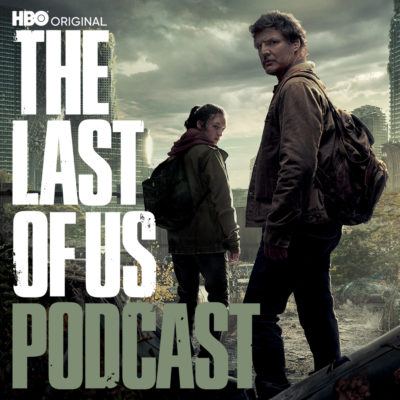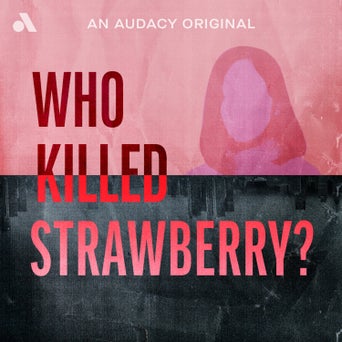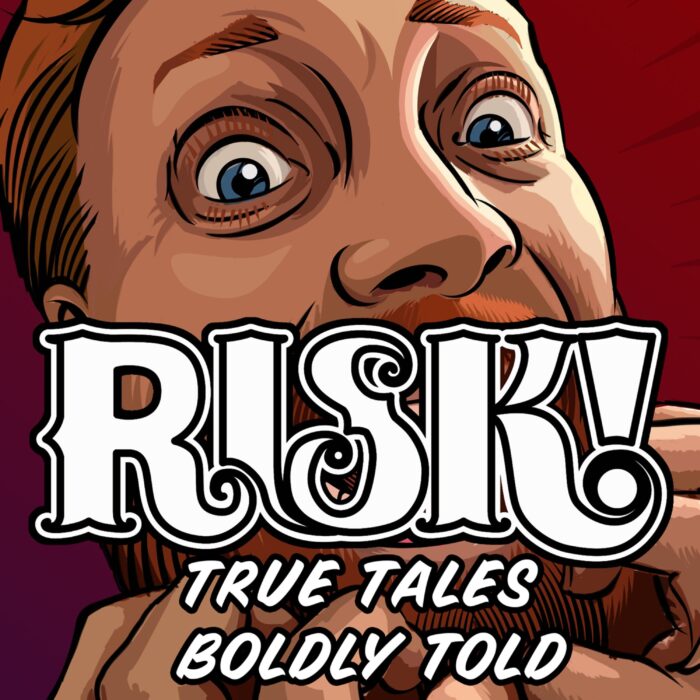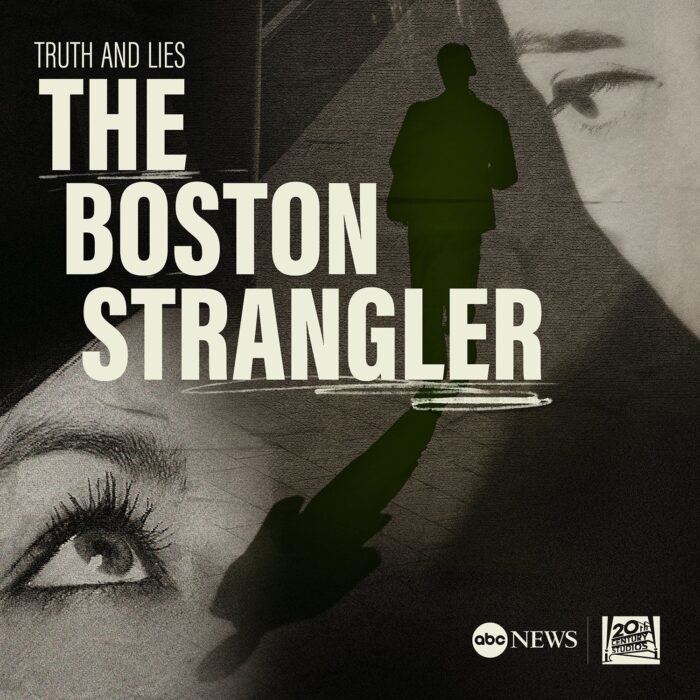Banned books and Brian Flores: 5 podcasts from this week’s headlines
February is here, the 2022 Beijing Winter Olympic torch is just about lit, and we could not be more stoked to have officially made it through the first month of the year. This week, we’ve seen Spotify start to lose artists in protest of Joe Rogan’s Spotify Exclusive podcast, a Tennessee school district ban “Maus,” a Pulitzer Prize-winning book about the Holocaust written by the son of a Holocaust survivor, and Wordle being bought by the New York Times.
Also, “The Daily” discusses what the Democrats have tried to do about inflation, “Keyshawn, JWill & Max” discuss Brian Flores’ class-action lawsuit against the NFL, and “Today, Explained” talks about the death of the expanded child tax credit.
Here all about these headlines from the podcasts below:

The Daily
Inflation has risen 7% in past year, the fastest rise in over four decades. While the pandemic Biden inherited has greatly affected the U.S. economy, how much have the Democrats’ own policies contributed to inflation? What is being done to stop it? And with midterm elections coming up, how are Republicans and Democrats using this for leverage? This episode of “The Daily” goes in depth with New York Times economic and business reporter, Ben Casselman.

Recode Daily
The highest paid podcast host in the world is causing some big problems for his Spotify exclusive podcast. Joe Rogan’s podcast, “The Joe Rogan Experience” not only has a massive following but has come under hot water now and then for his interviews with fringe figures of culture, science, business, and politics. During the pandemic, his anti-vaccination views have been gaining lots of attention, and artists like Neil Young and Joni Mitchell have removed their music from Spotify’s platform in protest. Hear more about Spotify’s problem and what might happen because of it on this episode of “Recode Daily.”
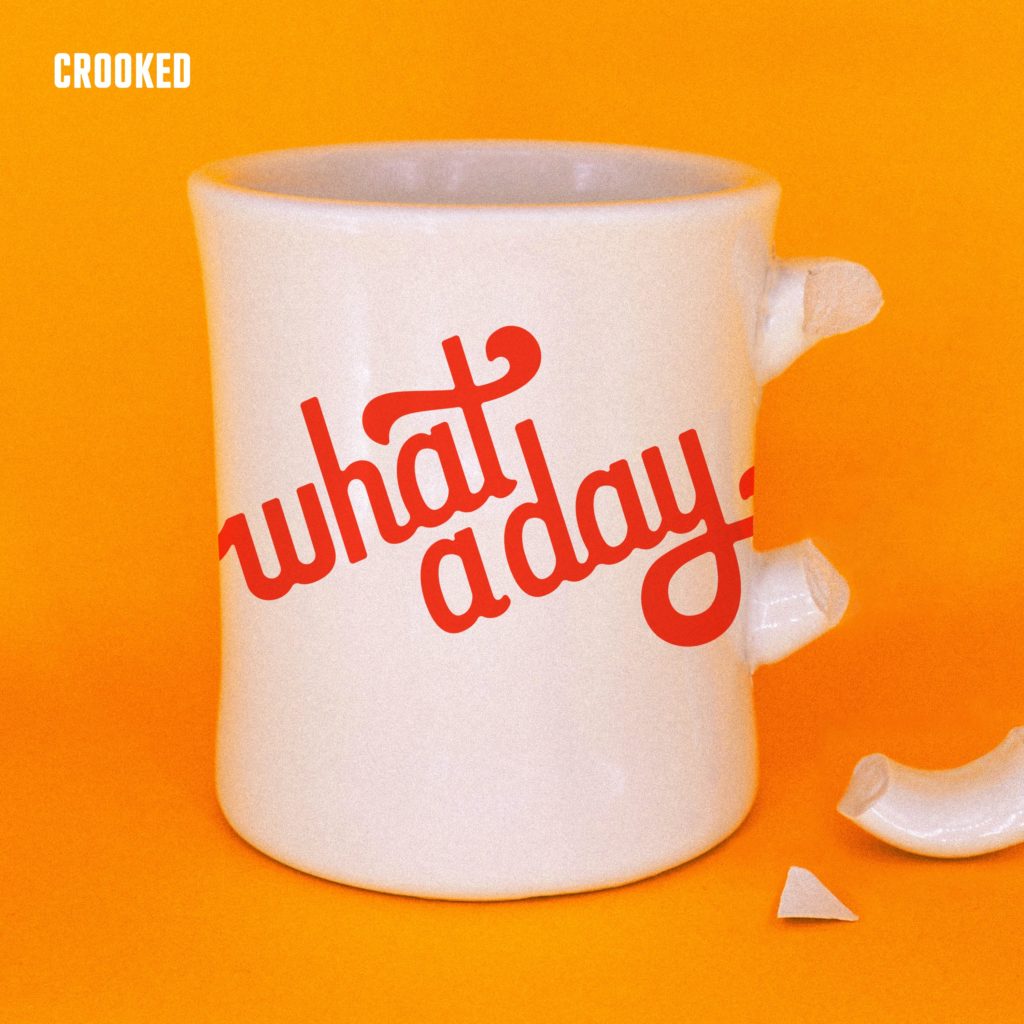
What A Day
In recent months, some school districts have began banning books from being taught in schools. Most recently, a Tennessee school district banned the Pulitzer Prize-winning graphic novel about the Holocaust from the son of a Holocaust survivor, “Maus.” While the school board states that they banned it because of an illustration of a nude woman and a few instances of profanity, it comes in the wake of school districts banning teachings of Critical Race Theory and books like “The 1619 Project” and Toni Morrison’s “Beloved.” “What A Day” is joined by journalist and activist George M. Johnson to discuss the issue through their book, “All Boys Aren’t Blue,” which was targeted for removal in 14 states.
Also in this episode, a Georgia judge rejected plea deals for Gregory and Travis McMichael, the FDA granted full approval of Moderna’s COVID-19 vaccine, and The New York Times acquired Wordle from its creator.
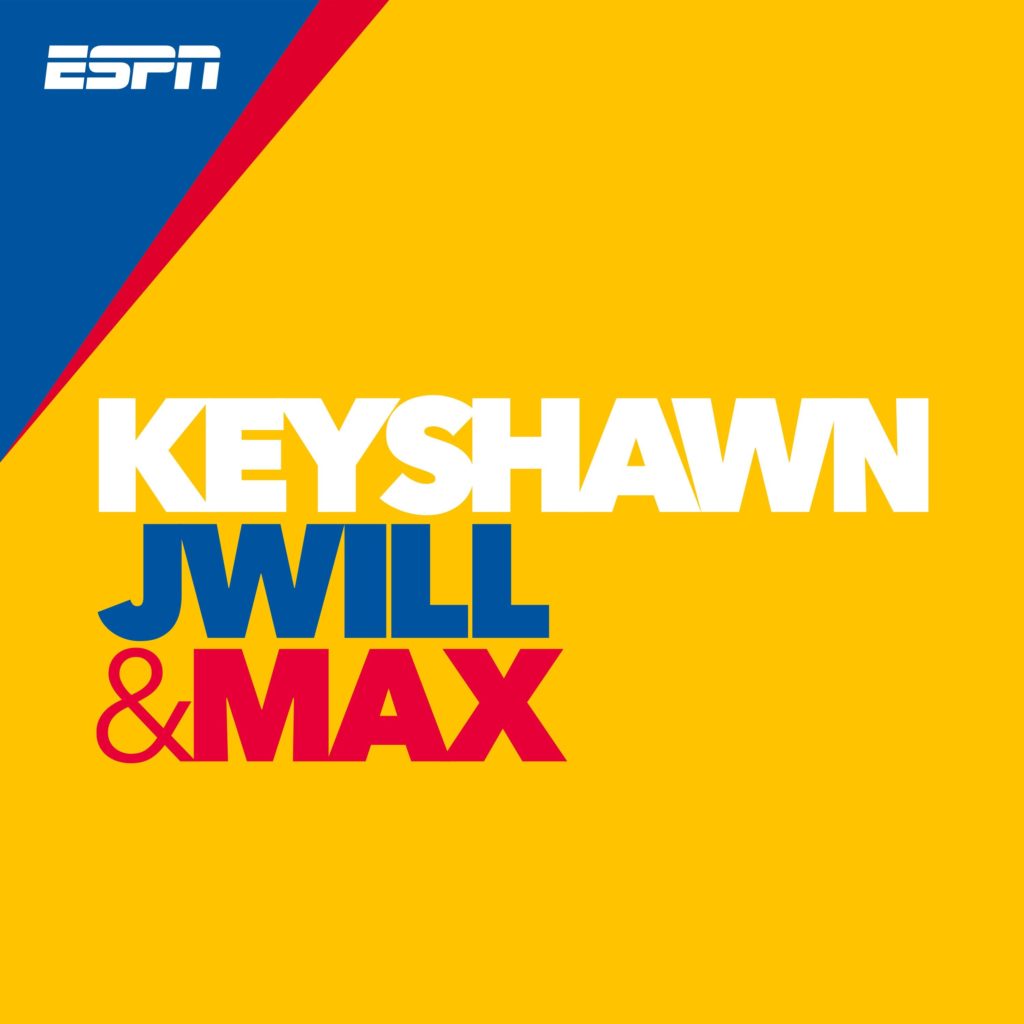
Keyshawn, JWill & Max
Last month, the Miami Dolphins fired head coach Brian Flores despite still having two years left in his contract. In his three seasons in Miami, he finished with a 24-25 record. On February 1st, Flores filed a class-action lawsuit again the NFL and the Dolphins, Denver Broncos, and New York Giants organizations for racial discrimination. It came after the New York Giants decided to hire Brian Daboll as head coach before Flores had even interviewed. The NFL’s Rooney Rule is under scrutiny, as it only states that NFL teams must interview ethnic-minority candidates for head coaching and senior positions. But, with Flores no longer in Miami, Mike Tomlin is the only Black head coach out of 32 NFL franchises, so the Rooney Rule obviously makes very little change in hiring practices.
This episode of “Keyshawn, JWill & Max” goes more in depth about the NFL’s hiring practices, what this may mean for Flores’ future, and what it says about racism in the NFL.
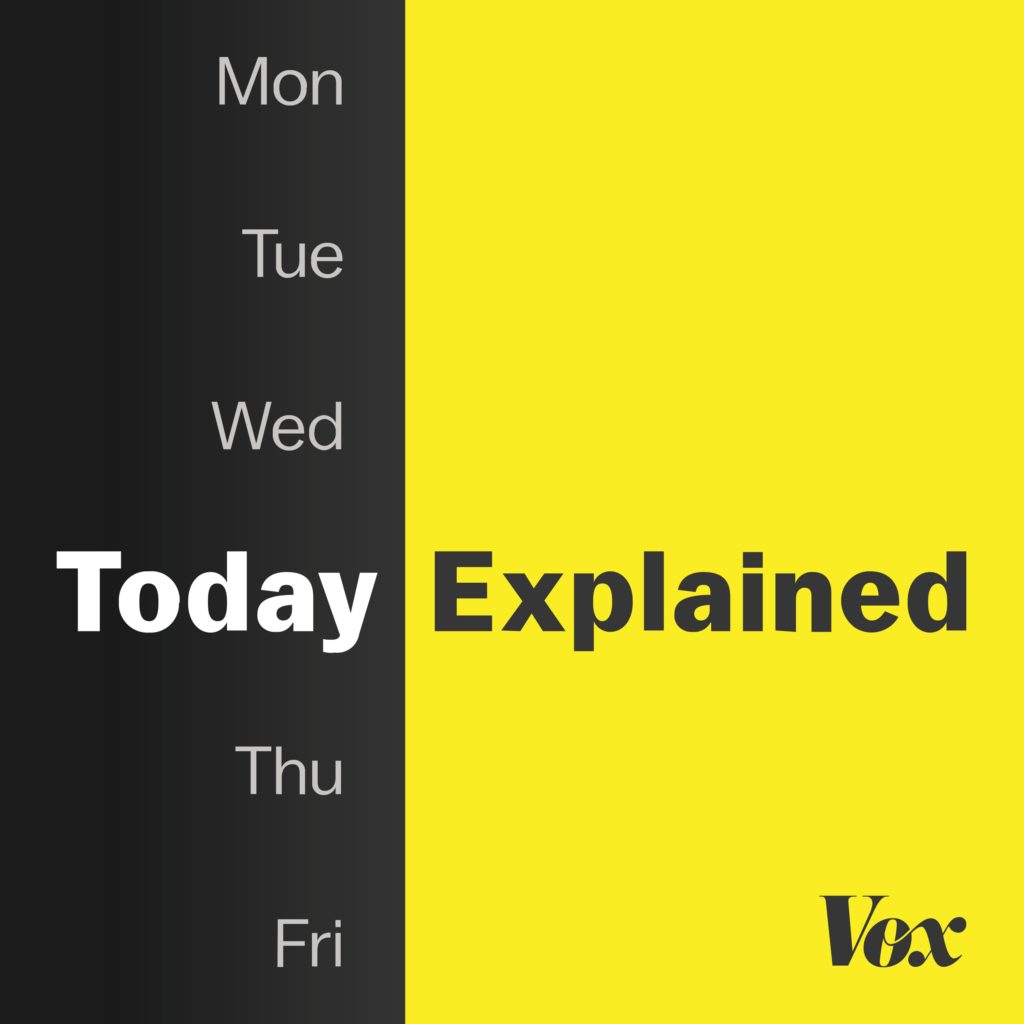
Today, Explained
The U.S. government let the expanded child tax credit expire after less than a year. As a part of the American Rescue Plan passed back in March 2021, the expanded credit increased the original benefit from $2,000 per child per year, to $3,600 per child 5 or younger and $3,000 for kids ages 6 to 17.
Despite researchers producing a study saying that this expansion not only cut child poverty by 30%, cut food insufficiency by 25%, and gave millions of dollars to millions of children whose families didn’t qualify before (because those families made too little money), the government let the expanded bill die. “Today, Explained” goes deeper as researchers also said that letting the credit stay expanded might help improve brain development in kids.

